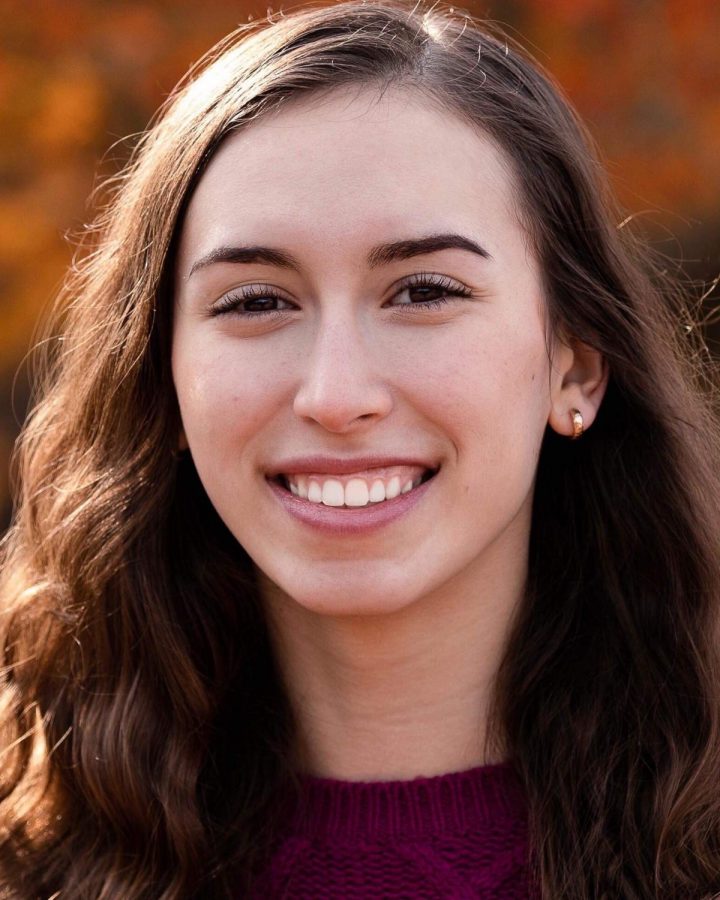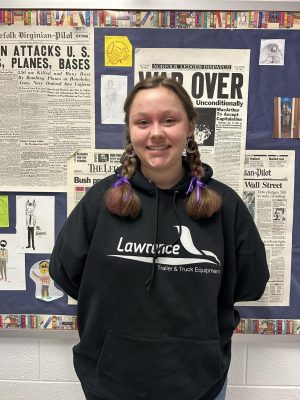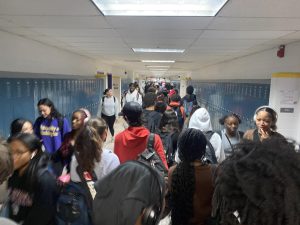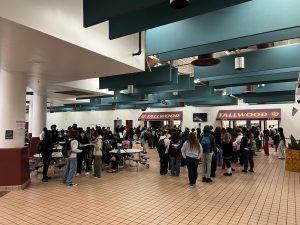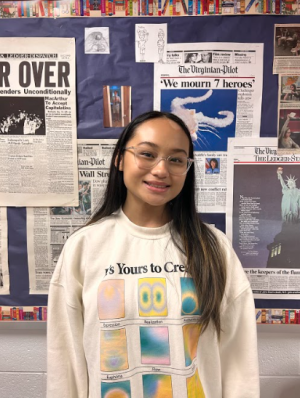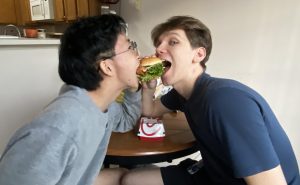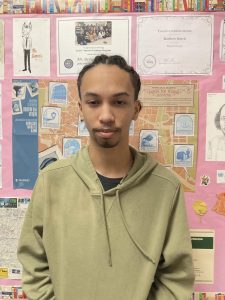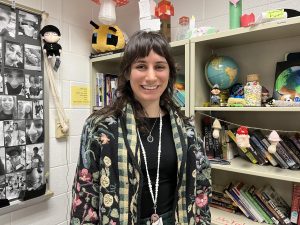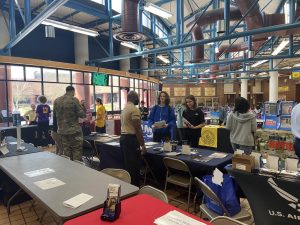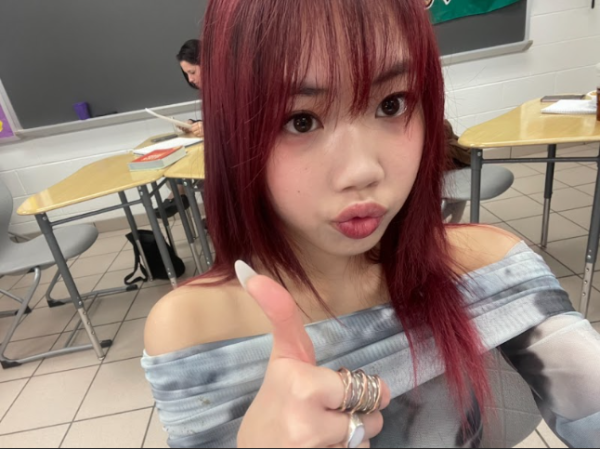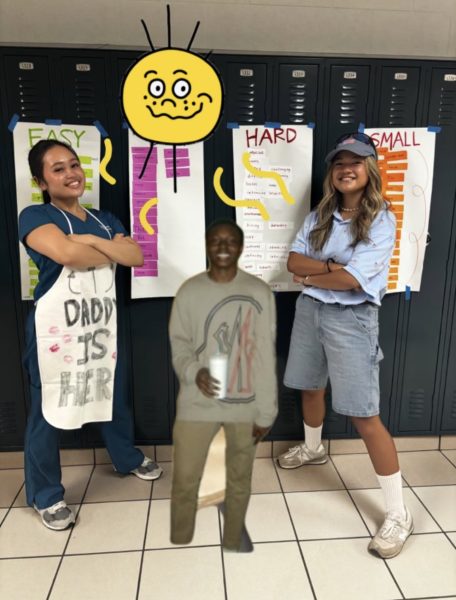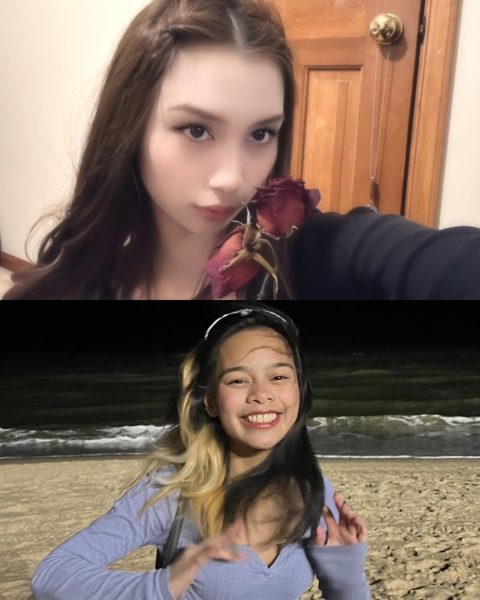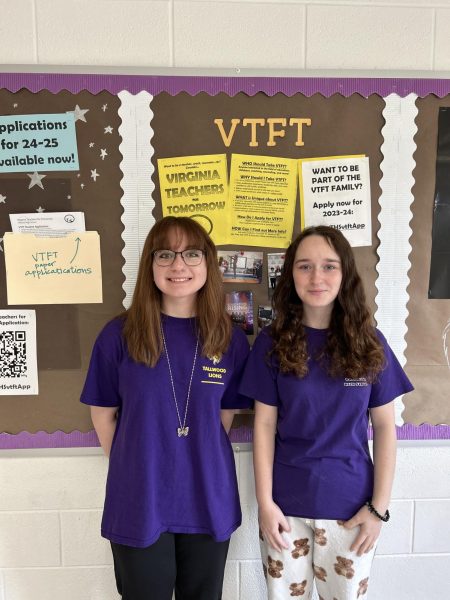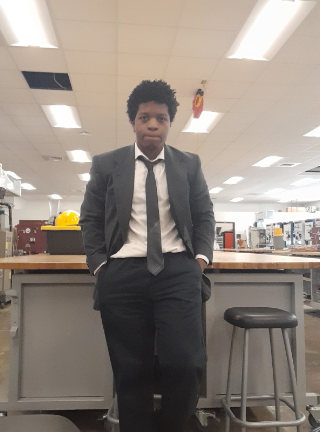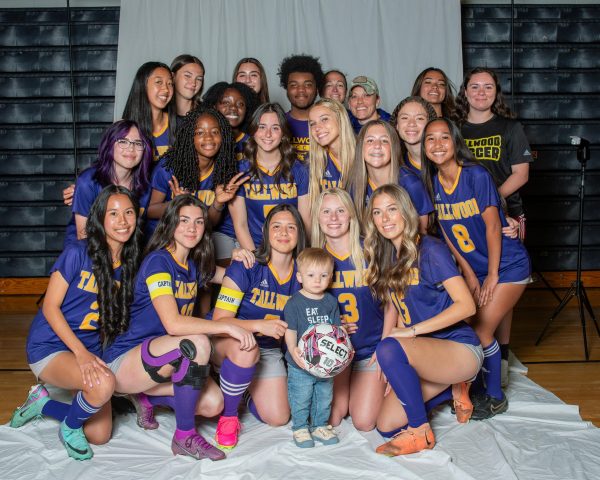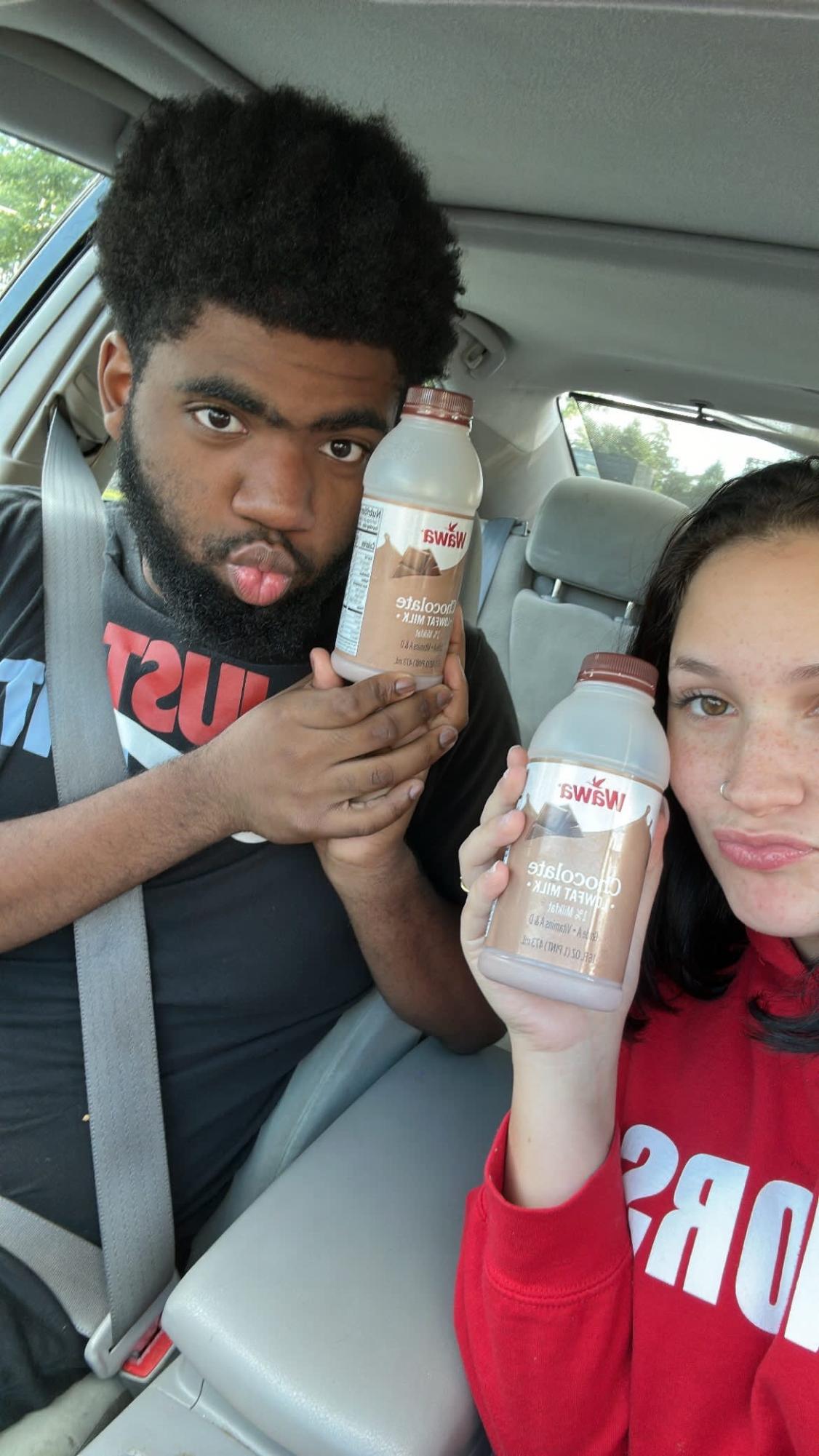Can one person make a difference?
January 16, 2019
An often discussed topic in my AP Environmental Science class is the fact that the world is upon the 6th mass extinction, which is the responsibility of humans. The causes of this extinction are habitat loss, invasive species, population growth, pollution, climate change, over-hunting, and over-exploitation. When we have debates on these issues, my classmates express that they are only one person and can’t make that much of a difference, though I disagree.
The misconception here is that one needs to start out with a bang and make a huge difference right away, which isn’t true. Making a difference starts with the creation of little deeds that contribute to a cause- or at least that’s how it started for myself. Ever since I watched Before the Flood, Leonardo DiCaprio’s documentary about climate change, I have implemented habits in my everyday life that serve conservation.
For instance, I don’t eat at Jimmy Johns because the owner is a poacher. I carefully avoid buying products made with palm oil, which comes from plantations that contribute to deforestation, climate change, and animal extinction. I cut out beef from my diet and drink almond milk at home because, according to time for change.org, each cow produces “between 70 and 120 kg of methane per year,” and the negative effect of methane on the environment is 23 times worse than carbon dioxide. I also turn off the lights and water faucets when I don’t need them, which reduces my personal fossil fuel consumption. These are some examples of little behaviors that can make a difference and inspire others to do so as well.
Tim Denning advises in an article to “start by believing in something bigger than yourself.” He encourages his readers to be the change they want to see in the world and lead by example. He also expresses that one doesn’t have to start out by “launching rocket ships into space” but rather by doing something small, with love, and going from there. “Disconnect from the outcome,” he says, “and focus on doing something small first.” Denning has a lot of great advice, so I’d recommend checking out his article as well.
There are plenty of individuals that have had a significant impact on the world. Steve Irwin was one that contributed to the area of wildlife conservation. He starred in a series of TV shows and movies, along with his wife, Terri, in which he made knowledge about wildlife available to millions of people all over the world. His activism worked because he didn’t just list facts about animals- he shared his immense love for them so that all of his viewers would feel it, too.
Another example of an activist in a different area is Eli Wiesel, author of Night, who was a Holocaust survivor. As well as many other survivors he endlessly advocated for genocide prevention and intervention. Night is translated into more than 30 languages and is read in schools all over the US.
Another committed individual who made a difference is Malala Yousafzai. She advocated for girls’ education in Pakistan in light of a restriction of women’s rights by the Taliban. She was attacked by the Taliban but survived. She spoke at the United Nations in 2013 about how “the terrorists thought that they would change our aims and stop our ambitions, but nothing changed in my life except this: weakness, fear and hopelessness died. Strength, power and courage were born”. At 17 years old became the youngest recipient of the Nobel Peace Prize.
If you have a cause you care about, you have the power to stand up for it, or at least to inform friends about it. You’re not too young or too small, as shown by these individuals, to make a difference. It might be true that one person acting completely solo can’t make change happen; the key is speaking out and sharing passion with others.
The notion that one person can’t influence others creates a population of bystanders. Albert Einstein said “The world is not dangerous because of those who do harm but because of those who look at it without doing anything.” As the future of the next generation we can’t watch our leaders destroy our Earth and proceed in their footsteps. It is our responsibility to take action and to speak out against the ideals and actions that make the world less functional. If we don’t, and we stand by and watch, there won’t be a world anymore.
“Change begins, and proceeds, one person at a time.” -Ron G. Walter

